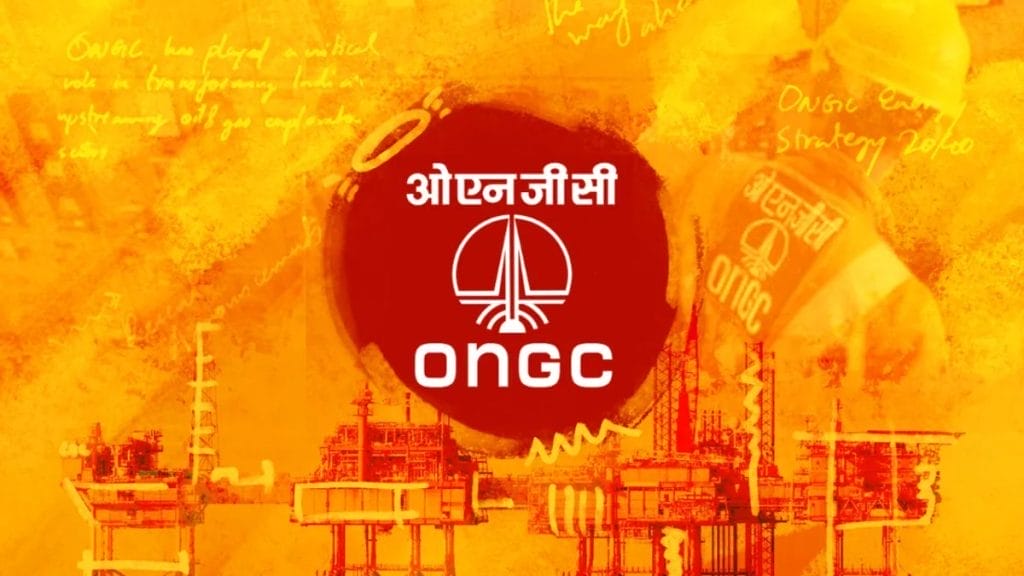New Delhi: By the end of this decade, state-owned Oil and Natural Gas Corporation (ONGC) is investing Rs 1 lakh crore in low-carbon energy opportunities, including green hydrogen and renewables, as it looks to transform into a low-carbon energy player; the company said.
In a statement, India’s largest crude oil and natural gas producer stated it had detailed a “roadmap to scale up its low-carbon energy portfolio significantly.”
The company has aligned itself with India’s ambitious goals. It wholeheartedly contributes to the country’s aim to curtail carbon emissions by 1 billion tonnes and reduce carbon intensity by 45 per cent by 2030.
The report said the company had adopted various de-carbonisation levers resulting in significant emission reductions.
In the last five years, integrating sustainable practices into core operations has reduced Scope-1 and Scope-2 emissions by 17%. In FY23 (April 2022 to March 2023 fiscal year), the firm reduced its emissions by 2.66 per cent.
The statement said that as a broader effort to achieve net zero for Scope-1 and Scope-2 emissions by 2038, ONGC plans to reduce its carbon footprint.
The firm is far along in developing partnerships with leading players in the energy space on various low-carbon energy opportunities, including green hydrogen, renewables, green ammonia and other derivatives of green hydrogen. Also, the focus is on research and development in carbon capture, utilisation, and storage (CCUS) technologies to mitigate emissions from existing processes.
ONGC plans to set up two green-field O2C plants in India, a statement reported without any further details.
It is also “charting a roadmap for opportunities in renewable energy and low-carbon sectors. ONGC is investing around Rs 1 lakh crore by the end of this decade on its multiple green initiatives and is planning to scale up its renewable portfolio to 10 GW by 2030.”
“However, oil and gas exploration and production (E&P) will remain the cornerstone of its energy business. Extensive exploration in known basins as well as frontier plays, sustained production from existing fields and exploitation of deep-water fields remain the central areas of emphasis,” it said.





